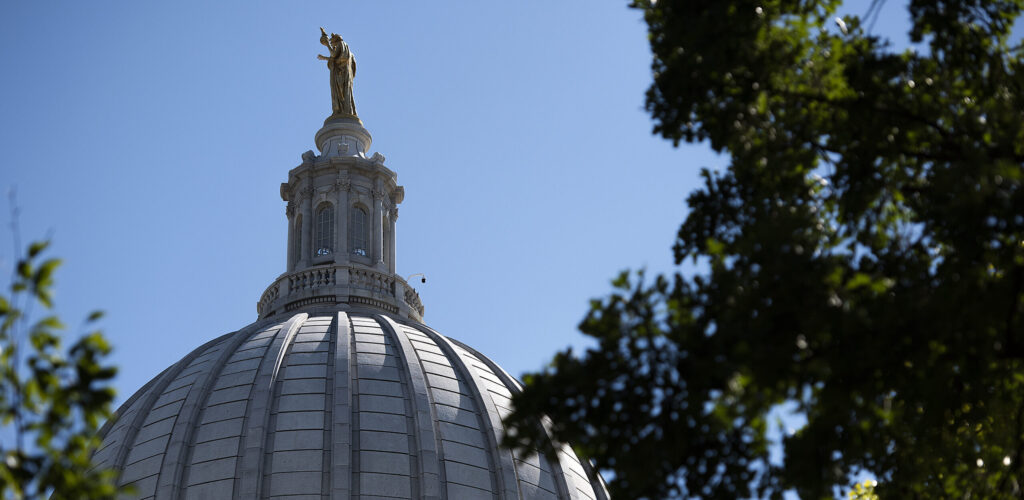The debate over diversity, equity, and inclusion (DEI) initiatives in Wisconsin’s public sector took center stage during a recent legislative hearing. At the heart of the discussion were questions about the effectiveness and legality of these programs across state agencies and universities.
Republican lawmakers, concerned by findings from audits they commissioned, scrutinized DEI spending at the hearing held at the Wisconsin State Capitol. The audits revealed that Wisconsin’s universities and state agencies have not adequately tracked the millions allocated to DEI initiatives over recent years.
According to the nonpartisan Legislative Audit Bureau, neither the Universities of Wisconsin nor the 15 state agencies reviewed maintained specific records on DEI expenditures. The estimated spending by the universities on DEI-related offices was approximately $40 million over a four-year period.
During the Joint Legislative Audit Committee hearing, several key figures testified, including Wisconsin Department of Administration Secretary Kathy Blumenfeld, Universities of Wisconsin President Jay Rothman, and UW-Madison Chancellor Jennifer Mnookin.
Co-chair of the committee, Sen. Eric Wimberger, R-Oconto, criticized DEI efforts, suggesting they imply all individuals harbor implicit biases. He called the audits a revelation of “the waste and unconstitutionality of rebranded discrimination based on immutable characteristics.”
Blumenfeld defended the DEI efforts as essential for recruiting a diverse workforce that reflects Wisconsin’s population. She described DEI as a “human capital strategy” aimed at fostering a respectful and inclusive work culture.
In response to pointed questions about potential legal violations, Blumenfeld noted that the Department of Administration’s DEI language stems from policies under former Republican Gov. Scott Walker. She emphasized the importance of creating an environment where everyone feels valued.
Rothman highlighted the absence of a single definition for DEI, explaining that the audit covered policies from the tenures of three different UW presidents. He stressed the goal of helping first-generation students, veterans, and underrepresented groups achieve cultural competence and career success.
Mnookin addressed questions about race-based scholarships at UW-Madison, clarifying that the university no longer considers race in admissions following a Supreme Court ruling on Affirmative Action. While some donor-sponsored scholarships may have racial preferences, the university itself does not allocate scholarships based on race or ethnicity.
As the hearing concluded, Wimberger expressed cautious optimism about the direction the Universities of Wisconsin are moving regarding DEI. He urged Rothman to seek students from disadvantaged backgrounds without relying on racial or ethnic assumptions.
This scrutiny of DEI programs aligns with broader political efforts, including those by former President Donald Trump, to curtail government support for such initiatives. In March, the U.S. Department of Education initiated an investigation into UW-Madison and other universities for alleged racial discrimination linked to their partnerships with nonprofits promoting doctoral degrees for underrepresented groups.





